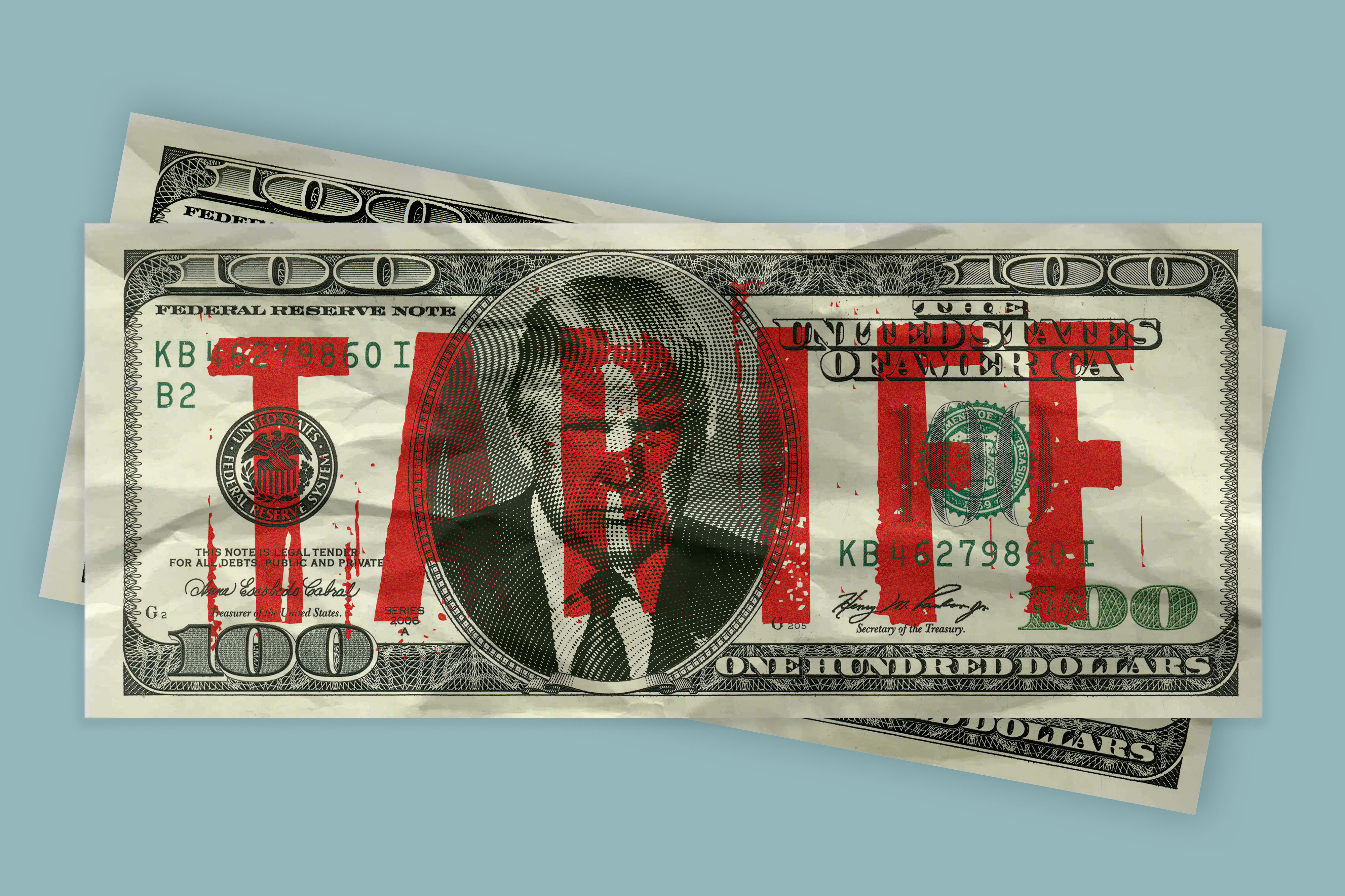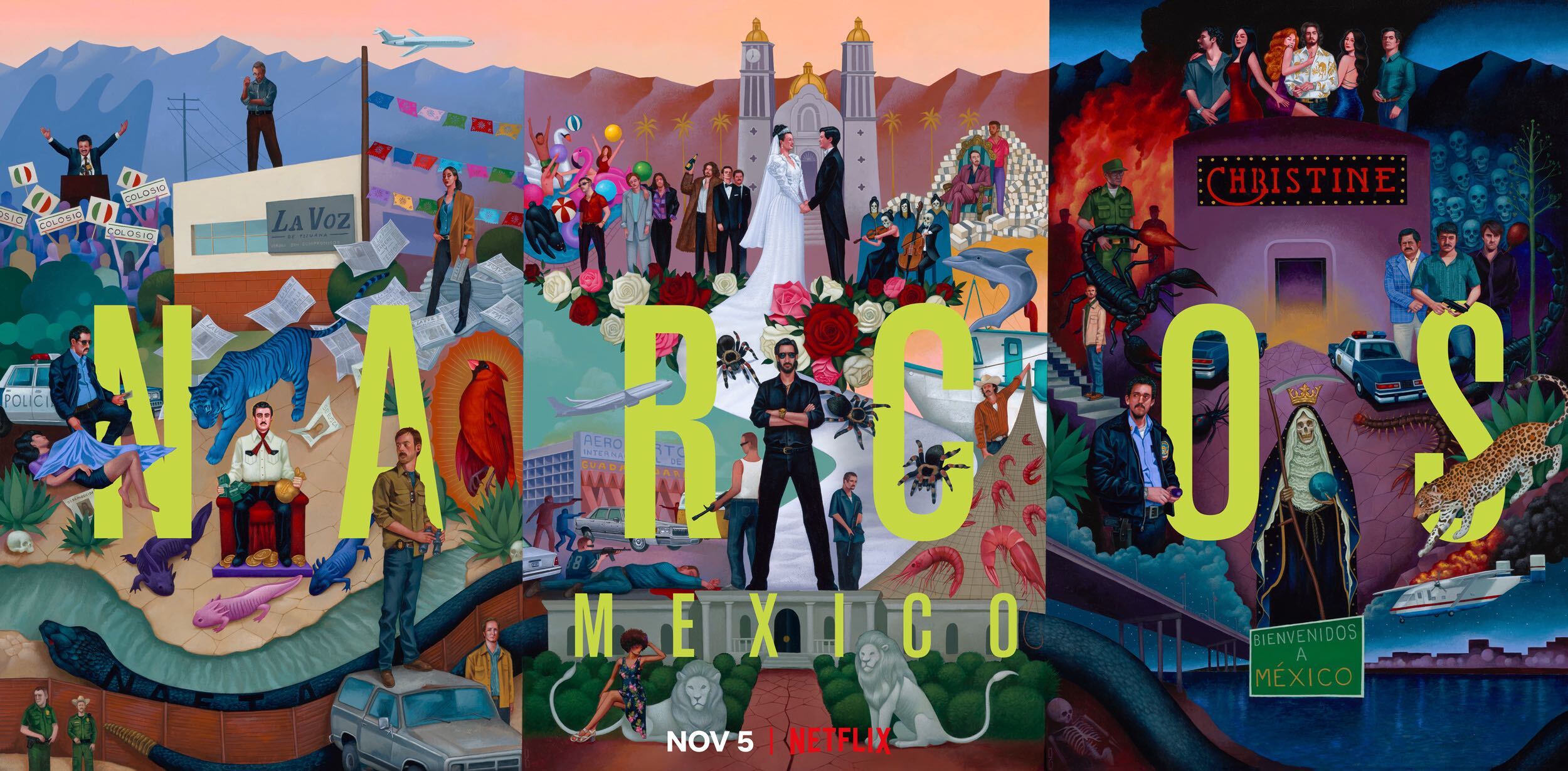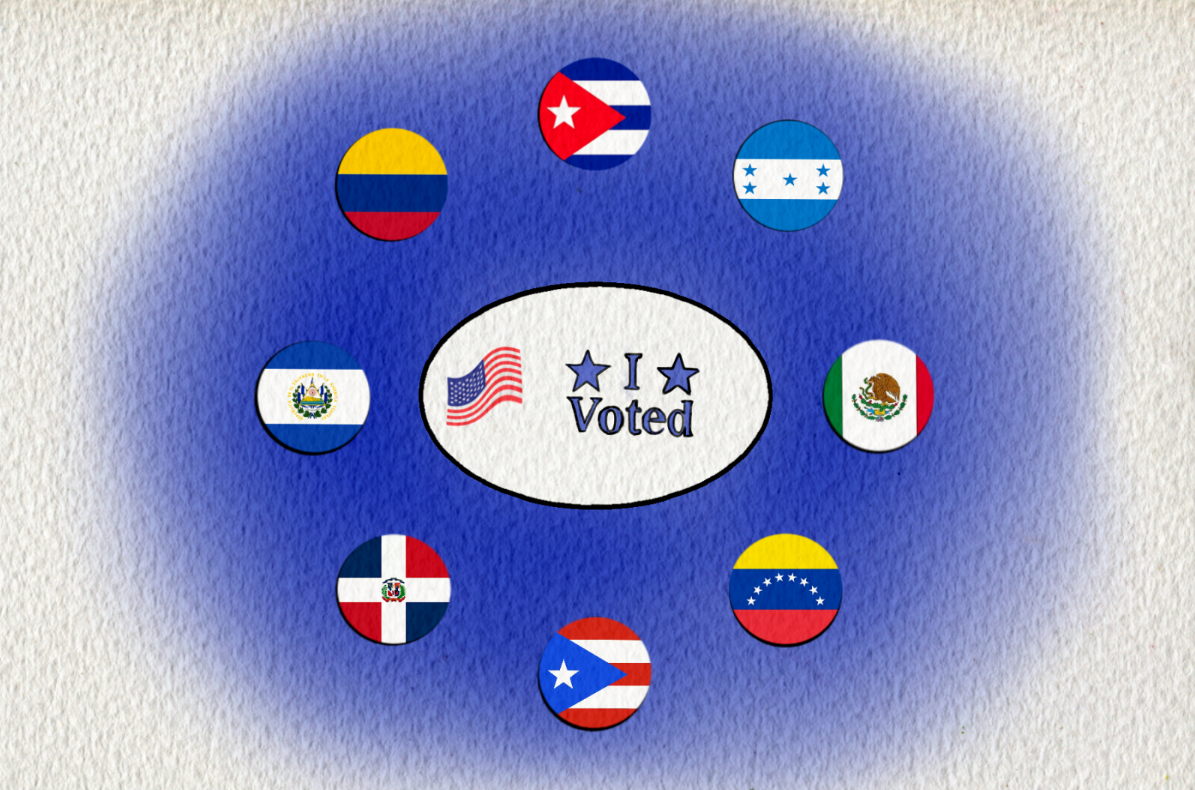Trump’s legislation impacts immigration and the economy

After a trade conflict between the Trump Administration and the Colombian government, Colombian President Gustavo Petro has agreed to accept Colombian immigrants after tariff relations increased on Jan. 26, 2025.
The conflict began earlier that Sunday, when President Preto rejected two groups of Colombian deportees that were deported under Trump’s mass deportations. President Petro rejected the deportation, claiming Trump was treating immigrants as criminals and with no “dignity and respect.”
Trump responded by threatening tariffs on Colombian goods, in addition to travel bans and revoking visas for Colombian officials. A 25% tariff on Colombian goods was placed, including an increase to 50% by the following week. In response, Preto announced a 25% retaliatory tariff on U.S. goods. Ultimately, Colombia’s Foreign Minister Luis Guilberto announced in a press briefing that they would accept the incoming immigrants and withdraw tariff threats. Additionally, a diplomatic debriefing with U.S. officials would occur to discuss the earlier agreements.
The Trump Administration has opened a new wave of retaliatory tariffs; Mexico became the second Latin American country to receive the blunt end of the tariffs scare. On Feb. 1., the Administration announced a 25% increase in tariffs between Mexico and Canada, arguing this would put an end to the rising fentanyl crisis and illegal immigration along the southern border. Mexican president Claudia Sheinbaum Pardo wrote on X (formerly known as Twitter) that she was working alongside the Trump Administration to avoid escalations. As a result, on Feb. 3., the parties settled on pausing the tariffs for 30 days starting Tuesday, Feb. 4, allocating the nations with time to settle potential tariff disputes. The agreements included deploying 10,000 Mexican National Guard troops to aid in border security while the U.S. works to stop the weapons trafficking crisis.
To contextualize the impact of tariffs, a 2023 report from the Observatory of Economic Complexity (OEC) notes that Colombia provided $6.62 billion in crude petroleum exports, with plant foliage bringing in $1.65 billion. Similarly, they report that Mexico provides $157 billion in auto manufacturing and $99.6 billion in machinery. If a retaliatory tariff were to be implemented from Mexico, valid concerns would arise about the impacts of purchasing goods in both nations. A statistic by the Peterson Institute of International Economics (PIIE) reported that if Mexico implemented retaliatory tariffs, inflation would spike by 3-4 percentage points in Mexico within 2025. Despite the U.S. facing a predicted 0.5 percent increase in inflation, the diplomatic ties between the two nations would be damaged indefinitely. Co-contributors and senior research staffers Warbrick J. McKibbin and Marcus Noland conclude that retaliatory tariffs will not resolve the immigration and fentanyl crisis.
Colombia’s earlier remarks on Trump denigrating immigrants are a commonality within his rhetoric. These tactics—as seen through his tariffs and executive orders—are reaffirming a stigma amongst immigrants. Utilizing blanketed arguments through the guise of “common good” only amplifies a xenophobic, anti-immigrant rhetoric that immigrants face the most repercussions from.
Trump’s executive actions are creating increasing uncertainty in terms of the safety of immigrants and their families. A 2023 report conducted by the Migration Policy Institute reports that in 2021, 24% of those in poverty were immigrants, and children of non/mixed status immigrants are three to four times more likely to face poverty. Families are facing intense anxieties as Trump’s policies escalate, including the looming tariff disputes. The tariffs are not improving economic conditions for low-income families; they are adding arduous conditions for at-risk families.
Trump reaffirmed his earlier promises to target immigration by signing 10 executive orders. His recent tariffs are one of various attempts to end the immigration crisis, however, the effects pose potential harm to the economy, in addition to damaging communities of color.
“It’s frightening to see a world leader make anti-immigrant remarks amidst his attempts to end birthright citizenship,” remarked Chelsea Mora, a second-year UCLA student. They add, “I remember feeling these fears during middle school when [Trump] was first elected, and now I think of all the children who are feeling the exact same way.”









